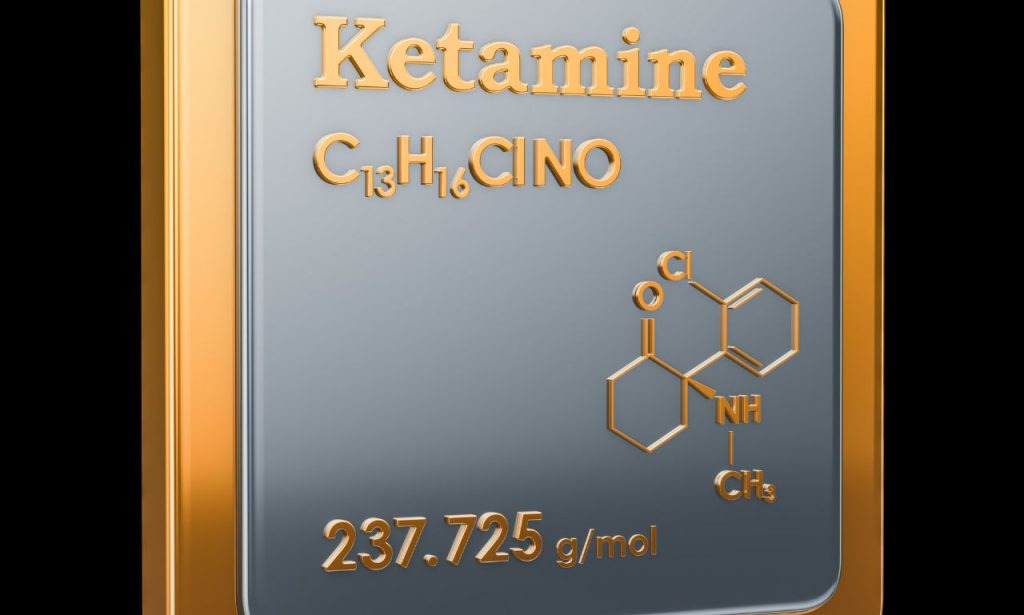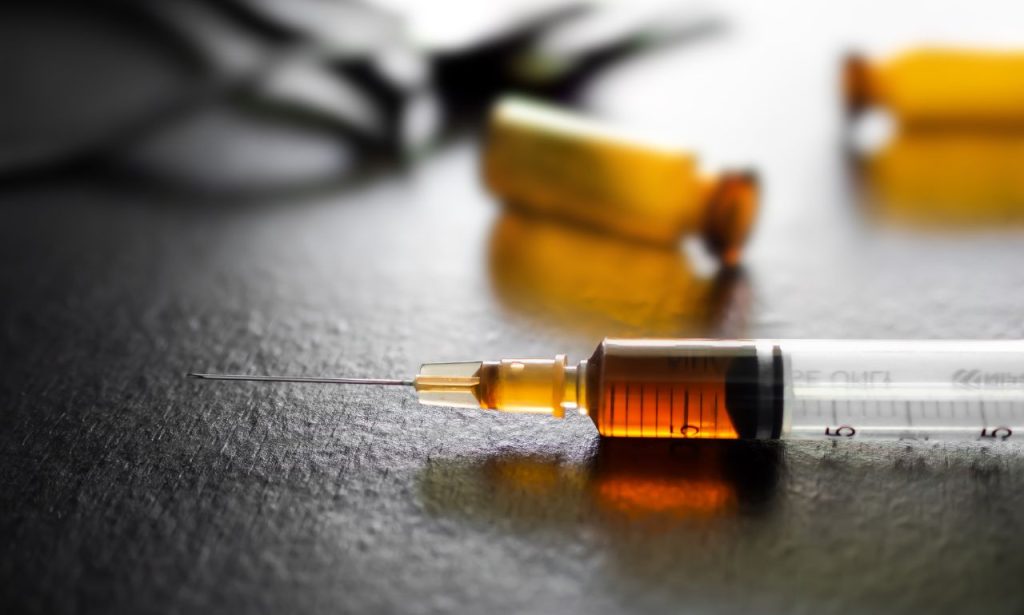You’ve taken the brave step towards healing, embarking on a journey with ketamine treatment for depression. As the initial effects subside, you might find yourself wondering, “What’s next?” This period, often referred to as the “afterglow,” is a crucial time for integration and understanding the profound shifts occurring within your mind and body. This article serves as your guide, illuminating the path ahead and equipping you with the knowledge to navigate the transformative journey that unfolds after ketamine treatment for depression.
Immediate Effects of Ketamine Treatment
The immediate aftermath of a ketamine infusion can feel like emerging from a dream, a surreal experience marked by both physical and emotional fluctuations. Understanding these initial reactions can help you feel grounded and prepared as you transition back to your everyday life.
Common Physical Reactions:

- Dizziness and Imbalance: Ketamine can temporarily affect your coordination and balance. This is entirely normal and usually subsides within a few hours. Imagine a gentle swaying sensation, a reminder that your body is recalibrating.
- Changes in Sensory Perception: Colors might appear more vibrant, sounds more amplified. This heightened sensory experience is a hallmark of ketamine’s dissociative properties and generally fades as the medication leaves your system.
- Nausea: Some individuals experience mild nausea after treatment. This can be managed with anti-nausea medication prescribed by your doctor.
Emotional Fluctuations:
- A Sense of Detachment: You might feel a temporary sense of detachment from your surroundings or even your own body. This is part of ketamine’s dissociative effect and is nothing to be alarmed about.
- Heightened Emotions: Don’t be surprised if you experience a surge of emotions, both positive and negative. This emotional sensitivity is a natural response as your brain processes the treatment.
- A Renewed Sense of Hope: Many individuals report feeling a glimmer of hope after treatment, a sense of lightness that had been absent for far too long. This renewed optimism can be incredibly empowering as you move forward.
Short-Term Aftereffects
As the initial effects of ketamine wane, you’ll enter a phase characterized by subtle yet significant shifts in your physical and emotional landscape. It’s essential to be kind to yourself during this time, allowing your body and mind to integrate the experience fully.
Potential Feelings of Fatigue or Drowsiness:
It’s common to feel a wave of fatigue or drowsiness wash over you in the hours following treatment. This is your body’s way of signaling that it needs rest and rejuvenation. Give yourself permission to surrender to this need, understanding that sleep is an essential part of the healing process.
Nausea and Disorientation:
While most physical side effects subside quickly, some individuals might experience lingering nausea or a mild sense of disorientation. These sensations are usually temporary and can be managed with medication and rest. It’s crucial to stay hydrated during this time, sipping on water or electrolyte drinks to replenish your body’s fluids.
Moments of Inspiration or Clarity:
Amidst the physical adjustments, you might find yourself experiencing unexpected bursts of inspiration or moments of profound clarity. These insights can offer valuable perspectives on your life and your journey with depression. Keep a journal handy to jot down these thoughts and reflections, allowing yourself to revisit and explore them later.
Typical Experiences in the Days Following Treatment:
The days following your ketamine treatment are a time of profound transformation. Your brain is actively rewiring itself, forging new neural pathways and breaking free from the grip of depression. Embrace this period of change, knowing that you are on the cusp of lasting healing.
Emotional Vulnerability:
You might find yourself feeling more emotionally sensitive or vulnerable in the days after treatment. This heightened sensitivity is a natural response as your brain processes the emotional weight it has been carrying. Allow yourself to feel these emotions fully, knowing that they are a testament to your resilience and your capacity for healing.
Confusion and Cognitive Changes:
Some individuals report experiencing temporary cognitive changes, such as difficulty concentrating or mild confusion. These effects are usually short-lived and signify that your brain is undergoing significant rewiring. Be patient with yourself during this time, avoiding any activities that require intense focus or concentration.
Importance of Follow-Up Care
The journey doesn’t end with the treatment itself. Follow-up care is crucial in maximizing the benefits of ketamine and supporting your long-term mental well-being.
Setting Up a Support System:
Surround yourself with a supportive network of loved ones, friends, or a therapist who can provide emotional support and encouragement during this transformative time. Sharing your experiences with those you trust can be incredibly validating and empowering.
Monitoring Progress and Side Effects:
Stay in close communication with your healthcare provider, reporting any lingering side effects or changes in your mental state. They can adjust your treatment plan as needed and address any concerns you might have.
Role of Therapy in Ketamine Treatment
While ketamine can be a powerful catalyst for change, it’s not a standalone solution for depression. Integrating therapy into your treatment plan is essential for processing your experiences, developing coping mechanisms, and fostering lasting healing.
Combining Ketamine with Psychotherapy:
Therapy provides a safe and supportive space to explore the root causes of your depression, challenge negative thought patterns, and develop healthy coping strategies. When combined with ketamine, therapy can amplify the treatment’s benefits and pave the way for profound personal growth.
Establishing Goals for Mental Health Improvement:
Work with your therapist to establish realistic and attainable goals for your mental health journey. These goals might include improving your sleep, managing stress effectively, or engaging in activities that bring you joy.
Understanding Ketamine’s Impact on Brain Function
To truly appreciate the transformative potential of ketamine treatment for depression, it’s helpful to understand how it affects the brain.
Neurological Changes and Brain Plasticity:
Ketamine promotes neuroplasticity, the brain’s remarkable ability to rewire and reorganize itself. By stimulating the growth of new neural connections, ketamine helps to “reset” the brain circuits associated with depression, paving the way for lasting relief.
Long-Term Effects on Mental Health:

Research suggests that ketamine treatment can have long-term positive effects on mental health, reducing depressive symptoms, improving cognitive function, and enhancing overall well-being. The transformative power of ketamine lies not only in its immediate effects but also in its ability to facilitate lasting changes in brain function and emotional regulation.
Conclusion
As you navigate the days, weeks, and months following your ketamine treatment, remember that healing is not always linear. There might be ups and downs, moments of profound clarity interspersed with periods of uncertainty. Be patient with yourself, celebrate your progress, and trust in the transformative power of this journey. You have embarked on a path of profound healing, and with each step, you move closer to a brighter, more hopeful future.
ALSO READ: How to Make Extra Money as a Resident Physician
FAQs
It’s important to remember that everyone responds to ketamine differently. While some individuals experience immediate relief, others might require a series of treatments before noticing significant changes. Be patient with the process and communicate openly with your healthcare provider about your progress.
It’s generally recommended to avoid alcohol for at least 24 hours after ketamine treatment, as it can interact with the medication and potentially diminish its effectiveness.
When administered by a qualified medical professional in a controlled setting, ketamine treatment is generally considered safe. However, it’s essential to discuss your medical history and any potential risks with your doctor.
The duration of ketamine’s effects varies from person to person. Some individuals experience relief from depressive symptoms for a few days or weeks, while others experience a more sustained remission that can last for months or even years.
If you experience any thoughts of suicide or self-harm, it’s crucial to reach out for help immediately. Contact your healthcare provider, a crisis hotline, or go to the nearest emergency room.




